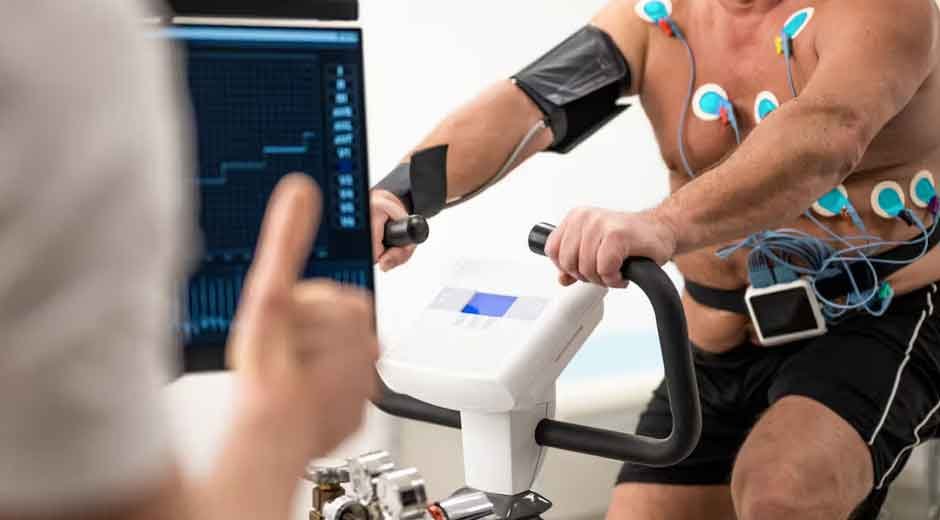Cardiology is the branch of medicine that focuses on the heart and its functions. Cardiologists work to diagnose, treat, and prevent heart-related conditions, aiming to improve both quality of life and life expectancy. Ongoing advancements in cardiology are fundamental to enhancing prevention and treatment strategies for patients. Here is more on modern heart treatment techniques:
Contents
Modern Techniques and Advancements
Advancements in cardiac care extend beyond physical procedures. They encompass diagnostic and monitoring technologies that allow for earlier detection and intervention. Wearable devices capable of tracking heart activity, like arrhythmias, enable patients and physicians to monitor cardiovascular health in real-time.
Timely Treatments
Early identification of irregularities can lead to timely treatments. This may potentially prevent serious cardiac events. More developments in biotechnology, like tissue engineering, are transforming how damaged heart tissue is repaired and treated. Regenerative medicine holds promise for repairing tissue damage caused by heart attacks, potentially reducing the need for invasive interventions in the future.
Modern Interventions
Technological advancements support early interventions, making cardiology treatments safer and more effective. Some key advancements include:
- Improved Monitoring Devices
- Less Invasive Procedures
- New Materials for Treatments
- Enhanced Precision
- Reduced Recovery Time
Endovascular Procedures
Endovascular procedures are minimally invasive techniques performed inside the blood vessels, designed to treat various cardiovascular conditions. These methods use small incisions through which specialized tools and devices, usually catheters and stents, are inserted to diagnose or treat blockages, aneurysms, or other vascular abnormalities. By utilizing imaging techniques like X-rays or ultrasound to guide these procedures, cardiologists can achieve targeted results with minimal disruption to surrounding tissues.
These advances continue to evolve, making treatment more accessible to patients who might otherwise face higher risks with conventional surgery. The rise of endovascular solutions marks a significant shift from reliance on traditional open-heart surgeries. Some procedures that have advanced with improved techniques include:
- Stenting
- Stent Grafting
- Catheter Ablation
- Angioplasty
Minimally Invasive Surgeries
Minimally invasive heart surgeries employ advanced tools and techniques to reduce the need for large incisions traditionally associated with open-heart surgery. Robotic-assisted surgery is a growing field that utilizes precision instruments to enhance accuracy while minimizing tissue damage. Instead of opening the chest cavity, surgeons use small keyhole incisions or access points.
Various procedures, including valve repair or a coronary artery bypass, can now be performed in this manner. A key benefit of minimally invasive methods is their reduced impact on the body. Patients often experience shorter hospital stays, less post-operative pain, and a quicker return to normal activities compared to traditional surgical methods. Another advantage is the reduced risk of certain complications. Smaller incisions mean a lower likelihood of infection, excessive blood loss, or scarring.
Schedule a Cardiology Appointment
Whether you are seeking preventive care or support with an existing heart condition, consulting a cardiologist is a key step toward better heart health. Regular check-ups, coupled with new advancements in cardiology, can help you stay ahead of potential risks and address issues early on. Learn how modern techniques might benefit you, and reach out to a qualified cardiologist today.








